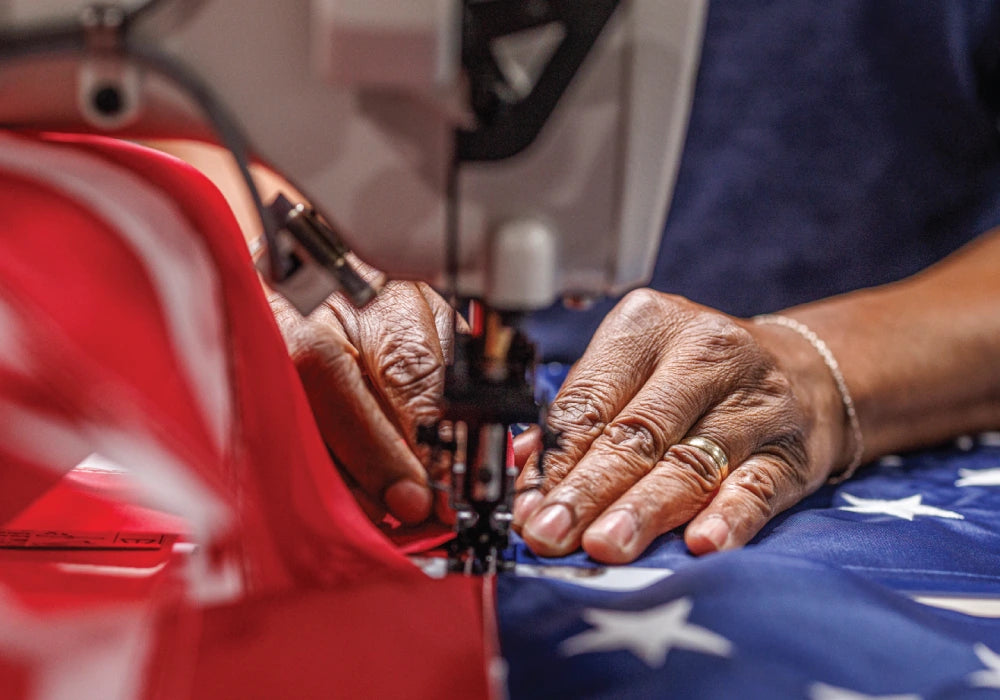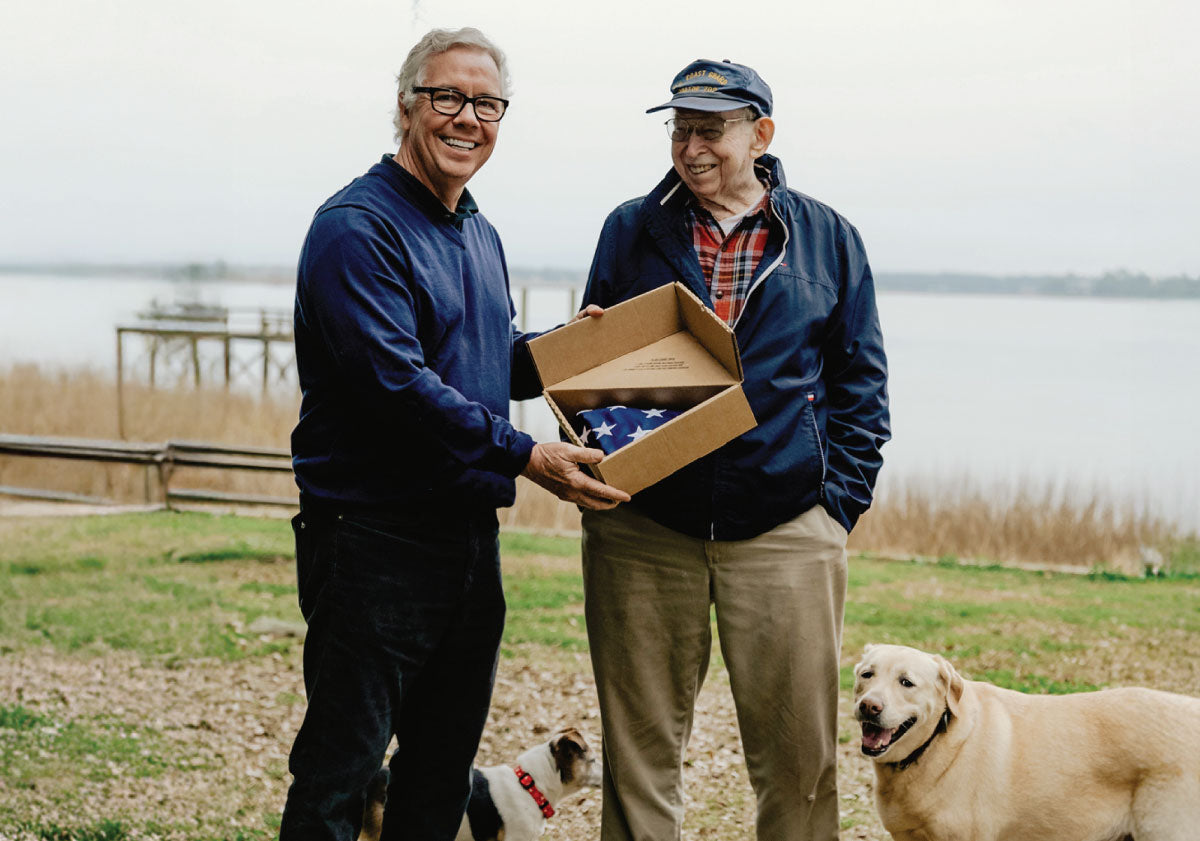April 21


1836
During the Texan War for Independence, the Texas militia under Sam Houston launched a surprise attack against the forces of Mexican General Santa Anna along the San Jacinto River. The Mexicans were thoroughly defeated, and hundreds were taken prisoner, including General Santa Anna himself, , bringing an end to Mexico’s effort to subdue Texas. On December 29, 1845, Texas entered the United States as the 28th state after President John Tyler orchestrated a compromise in which Texas would join the United States as a slave state.

1967
General Motors (GM) celebrated the manufacture of its 100 millionth American-made car, a 1967 Chevrolet Caprice Custom Coupe built at Chevrolet-Fisher Body Assembly Plant in Janesville, Wisconsin. At the time, GM was the world’s largest automaker. The global tally on that date also included 18,493,496 vehicles, both passenger and commercial, built in other countries. 1967 was a big year at GM, with production of the Chevrolet Camaro started, the Cadillac Eldorado switched to front-wheel drive, and the few L88 Corvettes built would later become legends. GM also touted new safety features like collapsible steering columns, dual master cylinder brakes across the passenger-car lineup, and energy-absorbing instrument panels.

2016
Prince, the polymathic musician who created more than 30 albums and won seven Grammy Awards over a 40-year career, was found deceased in Paisley Park, his Minnesota home and recording studio. The cause of death was an accidental overdose of the opioid fentanyl he took for chronic hip pain. He was 57 years old. In the hours and days after the news broke, fans around the world mourned his death with massive memorials. In a statement, President Obama said, “Few artists have influenced the sound and trajectory of popular music more distinctly, or touched quite so many people with their talent.”
April 22

1970
Earth Day, an event to increase public awareness of the world’s environmental problems, was celebrated in the United States for the first time. Millions of Americans, including students from thousands of colleges and universities, participated in rallies, marches and educational programs across the country. Earth Day was the brainchild of Senator Gaylord Nelson of Wisconsin, a staunch environmentalist who hoped to provide unity to the grassroots environmental movement and increase ecological awareness. The first Earth Day indeed increased environmental awareness in America and lead to the creation of the Environmental Protection Agency along with the passing of both the Clean Water and Endangered Species Acts.

1978
It was Marshall Checker, of the legendary Checker brothers, who first discovered them in the gritty blues clubs of Chicago’s South Side in 1969 and handed them their big break nine years later with an introduction to music-industry heavyweight and host of television’s Rock Concert, Don Kirshner. Actually, none of that is true, but it’s the story that Saturday Night Live‘s Paul Shaffer told as he announced the worldwide television debut of that night’s musical guest, the Blues Brothers—the not-quite-real, not-quite-fake musical creation of SNL cast members Dan Aykroyd and John Belushi.
 .
. 
2004
Pat Tillman, who gave up his pro football career to enlist in the U.S. Army after the terrorist attacks of September 11, was killed by friendly fire while serving in Afghanistan on April 22, 2004. The news that Tillman, age 27, was mistakenly gunned down by his fellow Rangers, rather than enemy forces, was initially covered up by the U.S. military. A criminal investigation was eventually launched into the case and in 2007 the Army censured retired three-star general Philip Kensinger, who was in charge of special operations at the time of Tillman’s death, for lying to investigators and making other mistakes. “Memorandums of concern” were also sent to several brigadier generals and lower-ranking officers who the Army believed acted improperly in the case.
April 23


1961
Judy Garland performed at Carnegie Hall in what is often called “the greatest night in showbiz history." The album won the Grammy Award for Album of the Year, making her the first woman to win the award. Garland was one of the biggest and most popular movie stars of all time, making her first film appearance at the age of seven and earning the first of three Oscar nominations at 17 for her starring role in what may well be the best-loved American movie of all time, The Wizard of Oz. She was also a prolific recording star, selling millions of records and winning five Grammy awards in a single year nearly three decades after starting out as one of the youngest performers ever signed to a major record label.

1977
Fleetwood Mac's "Rumours" album reached No. 1 & stayed atop the charts for 31 weeks. It won Album of the Year at the 1977 Grammy Awards and was eventually inducted into the Grammy Hall of Fame in 2003. It has sold over 40 million copies worldwide, making it one of the best-selling albums of all time. Often considered Fleetwood Mac's magnum opus, Rumours has frequently been cited as one of the greatest albums of all time. In 2018, it was selected for preservation in the National Recording Registry, being deemed "culturally, historically, or artistically significant" by the Library of Congress.

1985
New Coke is introduced by the Coca-Cola Company. It was a reformulated soft drink meant to replace its flagship drink in the hope of revitalizing the brand and gaining market share in the beverage industry. The announcement sparked a furor, and within a few days the decision to discontinue the prior version of Coke was called “the biggest marketing blunder of all time.” Despite Coke’s seemingly secure place in American lives, by the mid-1980s it was facing a strong challenge from Pepsi. That beverage had begun a popular ad campaign called the “Pepsi Challenge,” in which the majority of participants in blind taste tests chose Pepsi over Coke. Worried Coke executives decided to reformulate their drink, creating a sweeter product.
April 24


1800
President John Adams approved legislation to appropriate $5,000 to purchase “such books as may be necessary for the use of Congress,” thus establishing the Library of Congress. The first books, ordered from London, arrived in 1801 and were stored in the U.S. Capitol, the library’s first home. Over time, two devastating fires have destroyed major portions of the Library of Congress, including two thirds of the tomes donated by Thomas Jefferson. Today, the collection, housed in three enormous buildings in Washington, contains more than 17 million books, as well as millions of maps, manuscripts, photographs, films, audio and video recordings, prints, drawings and digital materials.

1980
With the Iran Hostage Crisis stretching into its sixth month and all diplomatic appeals to the Iranian government ending in failure, President Jimmy Carter ordered Operation Eagle Claw, a military mission as a last ditch attempt to save the hostages. During the operation, three of eight helicopters failed, crippling the crucial airborne plans. The mission was then canceled at the staging area in Iran, but during the withdrawal one of the retreating helicopters collided with one of six C-130 transport planes, killing eight service members and injuring five. The next day, a somber Jimmy Carter gave a press conference in which he took full responsibility for the tragedy. The 52 hostages were not released for another 270 days.

1982
Hollywood royalty, Oscar-winning actress and anti-war activist, Jane Fonda became an exercise guru when she released Workout, the first of her many bestselling aerobics tapes. A ballet enthusiast, Fonda opened her first exercise studio in 1979, which soon followed with best-selling books and videos. Fonda not only sparked the aerobics trend of the late 1970s and 1980s–she also popularized the concept of working out for women in general. For the first time, millions of women (and a few men) were exercising together in groups, doing leg lifts, side bends and lifting dumbbells to the beat of peppy music. Aerobics also launched a fashion craze, with neon spandex, leg-warmers and leotards becoming ubiquitous among health-conscious women.
April 25

1947
President Harry S. Truman officially opened the first White House bowling alley. Truman did not use the alley much himself, but supported a group of White House employees in forming a White House Bowling League in 1950. Teams included Secret Service agents, staff, secretaries, switchboard operators and groundskeepers. Eisenhower closed the alley in 1955 and turned it into a mimeograph room. Later, another alley was opened next door in the Old Executive Office Building (now the Eisenhower Building), which President Johnson and his wife Lady Bird used frequently. Nixon used that second bowling alley until he had an additional one-lane alley installed underground directly beneath the North Portico entrance of the White House.

1974
The NFL adopted a new overtime rule for regular-season games to prevent tie games. The rule change came as part of sweeping effort to improve the action and tempo of games. The new overtime rule mandated teams play an extra period if the score was tied at the end of regulation play. In overtime, the first team to score was declared the winner. If the score was still tied after the overtime, the game resulted in a tie. The NFL has since modified the overtime rule. The sudden-death NFL overtime format used today was established in 2010. It gives both teams the chance to possess the ball at least once in overtime unless — and this is key — the team that receives the overtime kickoff scores a touchdown on its first possession. NFL overtime rules continue to be highly contested and debated.

1990
The crew of the U.S. space shuttle Discovery placed the Hubble Space Telescope, a long-term space-based observatory, into a low orbit around Earth. The space telescope, conceived in the 1940s, designed in the 1970s, and built in the 1980s, was designed to give astronomers an unparalleled view of the solar system, the galaxy, and the universe. Free of atmospheric distortions, Hubble has a resolution 10 times that of ground-based observatories. About the size of a bus, the telescope is solar-powered and orbits Earth once every 97 minutes. Hubble has been used to record a comet’s collision with Jupiter, provide a direct look at the surface of Pluto, view distant galaxies, gas clouds and black holes, and see billions of years into the universe’s past.
April 26

1954
The Salk polio vaccine field trials, involving 1.8 million children, began at the Franklin Sherman Elementary School in McLean, Virginia. Children in the United States, Canada and Finland participated in the trials, which used for the first time the now-standard double-blind method, whereby neither the patient nor attending doctor knew if the inoculation was the vaccine or a placebo. One year later, researchers announced the vaccine was safe and effective. In the ensuing decades, polio vaccines would all but wipe out the highly contagious disease in the Western Hemisphere. Polio is an ancient infectious disease caused by a virus. It occurs most commonly in children and can result in paralysis.

1977
Studio 54 opens at 254 West 54th Street in New York City and soon becomes the global epicenter of the disco craze and the most famous nightclub in the world. The impresarios behind Studio 54 were Steve Rubell and Ian Schrager, college roommates at Syracuse University who became famous for openly and shamelessly excluding all but the most chic, famous or beautiful patrons from their establishment. Patrons included Bianca Jagger, Liza Minnelli, Andy Warhol, Truman Capote, Margaret Thatcher, Jackie O, Grace Jones, Donna Summer and the who's who of the time. The party lasted until the closing-night party on February 4, 1980—a party called, appropriately enough, “The End of Modern-day Gomorrah.”

1984
President Ronald Reagan arrived in China for a diplomatic meeting with Chinese President Li Xiannian. The trip marked the third time a U.S. president had traveled to China since President Richard Nixon’s historic trip in 1972 (Gerald Ford visited in 1975). Reagan’s trip highlighted his administration’s desire to improve diplomacy with China in light of the growing economic relationship between the two nations. Other topics of discussion between the two leaders over the course of the six-day trip included the development of commercial nuclear power in China and China’s displeasure with continuing U.S. support for nationalists in Taiwan.
April 27

1956
World heavyweight champ Rocky Marciano retired from boxing at age 31, wanting to spend more time with his family. Marciano ended his career as the only heavyweight champion with a perfect record–49 wins in 49 professional bouts, with 43 knockouts. Nicknamed the “Brockton Blockbuster," Marciano reportedly began boxing as a way to get out of kitchen duty and other less-than-desirable jobs after being drafted into the US Army. He captured the heavyweight crown in Philadelphia on September 23, 1952, when he scored a knockout against defending champ Jersey Joe Walcott in the 13th round. He would defend his title six times before retiring. Marciano died in a small-plane crash in Iowa on August 31, 1969.

1987
The Justice and State departments jointly announced Austrian leader, and former secretary-general of the United Nations, Kurt Waldheim would henceforth be barred from entering the United States, acting on evidence that he had participated in Nazi war crimes during World War II and had hidden his role in seeking high political office. It marked the first time that a head of state had been put on a U.S. immigration non-entry list. Waldheim called the allegations against him “pure lies and malicious acts,” although he admitted that he had known about German reprisals against Greek and Yugoslav partisans. “Yes, I knew,” he said. “I was horrified. But what could I do? I had either to continue to serve or be executed.”

2009
Struggling American auto giant General Motors (GM) announced plans to discontinue production of its more than 80-year-old Pontiac brand. Pontiac’s origins date back to the Oakland Motor Car, which was founded in 1907 in Pontiac, Michigan. Pontiac was initially known for making sedans; however, by the 1960s it had gained acclaim for its fast, sporty “muscle cars,” including the GTO, the Firebird and the Trans Am. The GTO, which was developed by auto industry maverick John DeLorean, was named after a Ferarri coupe, the Gran Turismo Omologato. Famous Trans Ams include Burt Reynold's black Trans Am in “Smokey and the Bandit" and David Hasselhoff's Trans Am KITT, a talking car with artificial intelligence in "Knight Rider."






